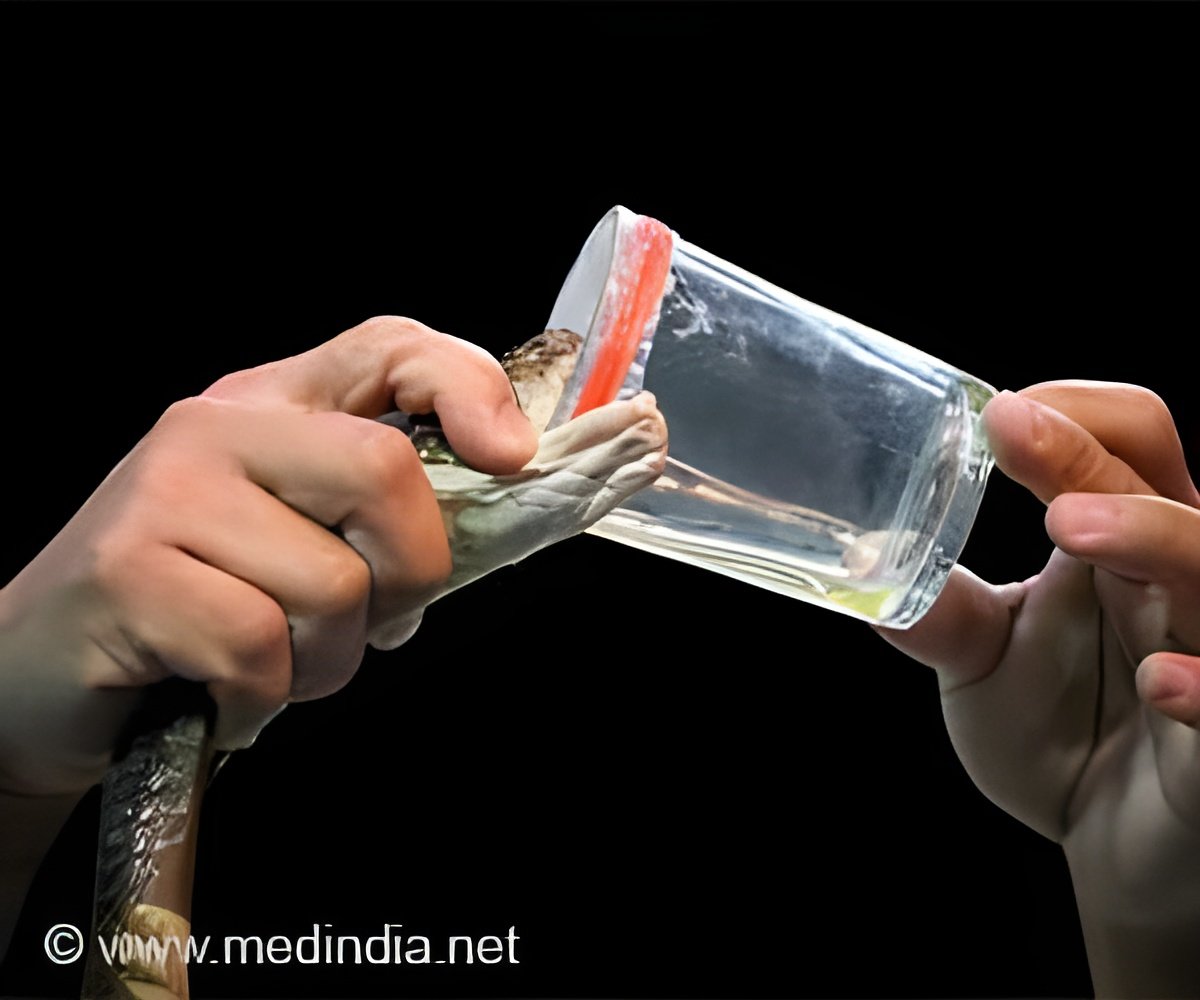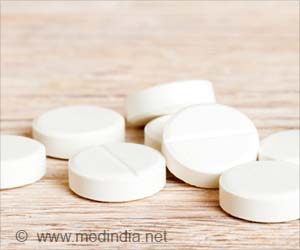Antimicrobial peptide SP1V3_1, from snake venom can eliminate antibiotic-resistant bacteria like E. coli, P. aeruginosa and among others.

Predicting antibacterial activity from snake venom proteomes
Go to source)
Snake Venom - A Double Edged Sword?
Bacterial antibiotic resistance is a prevailing global menace that scientists must tackle worldwide. Most naturally occurring antimicrobial peptides have varying hydro-phobicities and charge compositions, limiting their use as human therapeutic molecules despite their potent bacteria-killing ability. The antimicrobial peptide SP1V3_1 can therapeutically be implemented as a component of an ointment for wound disinfection and healing. It can be biocompatible based on in-vitro cytotoxicity studies.‘In an era of developmental stagnation of antibiotics due to the ever-increasing problem of antimicrobial resistance, antimicrobial peptides from snake venom are exciting leads in the development of novel biocidal agents. #snakevenom #killmicrobes #goodeffectsofvenom’





The researchers' main aim was to reduce toxicity of the snake venom without losing its antimicrobial property. For that, the scientists truncated the snake venom peptide and eliminated the toxic part of snake venom and further stitched helical short peptide at N-terminus (the end with a free amino group) for the smooth entry of the newly designed therapeutic inside the bacterial cell. Anti-microbial Properties of Snake Venom
The invented peptide also holds the potential to be developed into a marketable pharmaceutical product, said researchers.The invented antimicrobial peptide SP1V3_1 holds the potential to be developed into a marketable pharmaceutical product, as and when it passes the requisite trials," said Dr. Surajit Ghosh, Professor, Department of Bioscience & Bioengineering and Smart Healthcare Department, IIT Jodhpur, in a statement.
"The peptide can therapeutically be implemented as a component of an ointment (alone or in combination with other drugs/peptides) for wound disinfection and healing, as an injectable/oral drug for systemic administration, or as an aerosolized formulation to treat a wide range of respiratory bacterial pathogens," he added.
Reference:
- Predicting antibacterial activity from snake venom proteomes - (https://journals.plos.org/plosone/article?id=10.1371/journal.pone.0226807)












